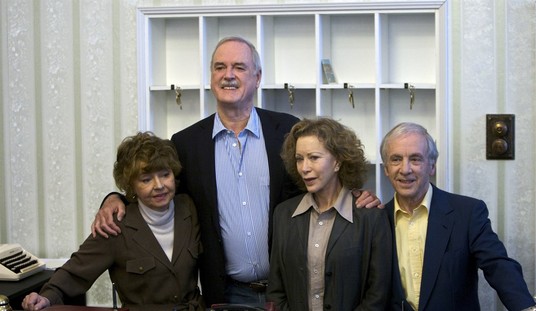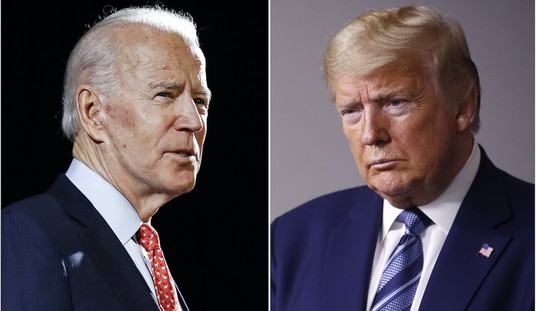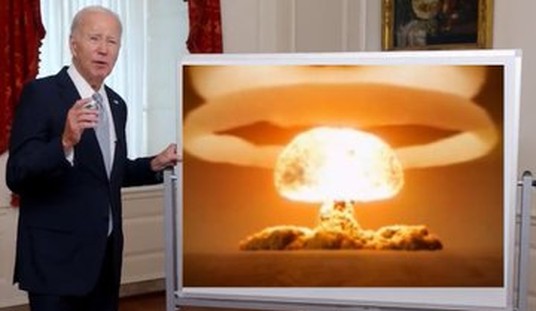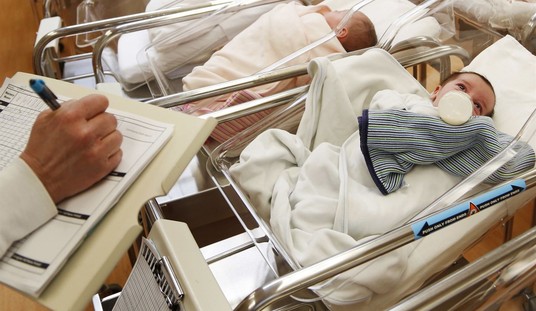Germany may be the strongest player in the EU block and they probably held out the longest in terms of dealing with the backlash from massive Syrian / Iraqi refugee numbers, but Time’s Person of the Year seems to have seen the writing on the wall. Chancellor Angela Merkel gave a speech this week which seems to signal a reversal of course on the whole idea of nearly limitless immigration and ignoring the problems posed by the flood of largely Muslim visitors settling in her country. And the key takeaway which everyone seems to be focusing on is her description of excessive multiculturalism as “a sham.” (Washington Post)
German Chancellor Angela Merkel’s refugee policy has attracted praise from all over the world. Time magazine and the Financial Times newspaper recently named her Person of the Year, and delegates applauded her for so long at her party’s convention on Monday that she had to stop them.
The speech that followed, however, may have surprised supporters of her policies: “Multiculturalism leads to parallel societies and therefore remains a ‘life lie,’ ” or a sham, she said, before adding that Germany may be reaching its limits in terms of accepting more refugees. “The challenge is immense,” she said. “We want and we will reduce the number of refugees noticeably.”
Although those remarks may seem uncharacteristic of Merkel, she probably would insist that she was not contradicting herself. In fact, she was only repeating a sentiment she first voiced several years ago when she said multiculturalism in Germany had “utterly failed.”
That last reference was one which seems to have largely slipped under the radar in the international media. We’ve become accustomed to thinking of Merkel as the “open arms, open hearts” leader who was going to make sure all the refugees were welcomed into Germany to “enrich the fabric of their culture.” Back in 2010 however, more than five years ago, she’d already been in power for half a decade. But there were grumblings in her own party even then about the influx of foreign influences and she seemed to echo their sentiments. (Spiegel)
We kidded ourselves for a while that they wouldn’t stay, but that’s not the reality,” she told members of the youth group of her Christian Democratic Union party, referring to the influx of workers, known as guest workers, who helped fuel the country’s postwar economic boom.
“Of course the tendency had been to say, ‘let’s adopt the multicultural concept and live happily side by side, and be happy to be living with each other’. But this concept has failed, and failed utterly,” she said.
So well before the rise of ISIS and the opening of the floodgates of “refugees” into Germany, Merkel was already talking about the fundamental problems of large numbers of non-Germans coming into the country to work “side by side” with the natives. She even pays a bit of lip service to the ridiculous notion that people coming from troubled areas and arriving in a safer, more prosperous nation with a generous welfare state were ever going to leave. That sounds oddly familiar to some American ears I imagine. She also plainly speaks to the fact that Germany has a proud cultural tradition and identity which dates back pretty much as long as Europe has been civilized. (Assign your own definition to that last word as you see fit.) The idea that you can dilute it with large doses of foreign cultures and not see a change was effectively dismissed.
So was she just doing some political-speak to calm her followers or were those Merkel’s natural tendencies? If the latter, the jump to bringing in hundreds of thousands of Syrian and Iraqi migrants must have been a struggle. The early resolve she showed seemed to already be crumbling in October when the Economist profiled her shifting position on border control and immigration limits. Is this a sign of what will eventually be the end of the road for Germany’s open borders? And if so, what will they do about the human flood still heading for their doorway? There are many parallels between what’s happening in Europe and the debate currently taking place here in the United States so it should be instructive to see how it turns out. The chief difference is that we’re a much younger nation without the same depth of pedigree and lineage in terms of national identity.









Join the conversation as a VIP Member